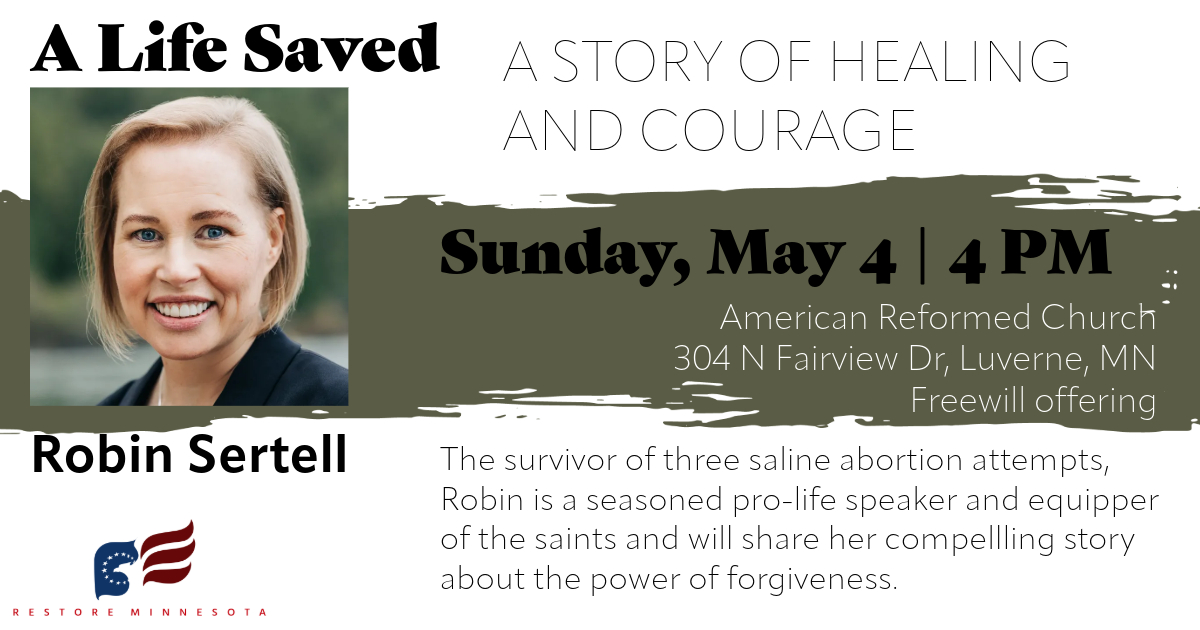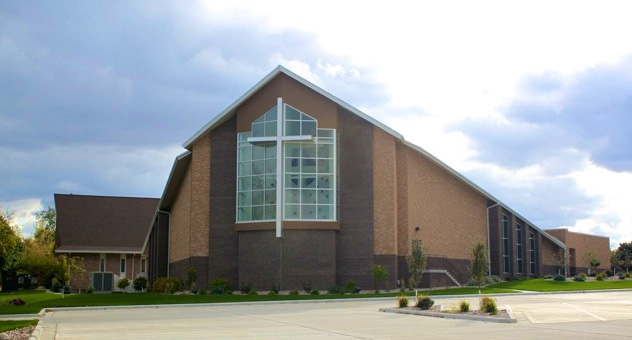Below is a recent call to action from the RCA’s General Secretary, Eddy Aleman. What is our responsibility?
Caring for the most vulnerable is not optional; it is a calling from Christ. We believe this calling means that we have a responsibility to speak up for and take action to help children who have been separated from their parents at the U.S.-Mexico border. With this statement, the Reformed Church in America condemns the separation of children from their parents and calls for a more biblical, humane approach.
RCA Urges Support of Immigrant Families
In April 2018, the Trump Administration rolled out a zero-tolerance policy of arresting and criminally prosecuting all adults apprehended by border control for illegal entry. Under this policy, when adults are arrested, they get separated from their children. Even those who are seeking asylum—a legally protected right—get prosecuted and separated from their children.
President Trump signed an executive order to end the policy on Wednesday afternoon, June 20. Although this is encouraging news, many challenges and questions still remain. The administration says it will continue its zero-tolerance policy of prosecuting all adults stopped by border patrol, and many questions still remain about how families will be able to stay together and in what conditions.
Given the seriousness of this issue and the questions that remain, we in the Reformed Church in America believe our Christian witness still compels an informed and biblical response to the situation. So it is in this hour that we make a bold, biblical, conscientious statement that affirms our hopes for this country and for those that are seeking the privileges and freedoms the U.S. has to offer.
We recognize the intent of immigration policies that seek to protect U.S. borders and U.S. citizens. However, we condemn the policy of forced family separation and urge the Trump Administration to find more ethical, humane approaches that preserve the family unit as people seek asylum or citizenship status.
The trauma that is inflicted on children when families are forcibly separated has devastating immediate and long-term consequences. Studies show that children who are separated from their parents are more likely to exhibit delinquent behavior, an inability to empathize with others, long-term psychological conditions such as PTSD, and difficulties with memory and impulse control.
As followers of Jesus Christ, we’re compelled to practice a gospel that is “pure and undefiled”—to “care for orphans and widows in their distress” (James 1:27). Caring for the most vulnerable is not optional; it is a calling from Christ. As part of this calling, when defenseless children are torn from their parents, we believe we have a responsibility to respond.
So we pray. We pray for the reunification of families. We pray for the healing of children who have been traumatized and for them to have strength and comfort while they are away from their parents. We pray for people to find homes free from conflict, extreme poverty, and war.
We speak up. We call for more humane, biblical approaches to enforcing U.S. laws at the border and for the reunification of families that have been separated.
We take action. We seek to participate in meaningful work that minimizes and helps heal the traumatic impact on children and families who are separated. And we urge all RCA congregations to join us in these efforts.
Although the challenges are great, we have hope that God will lead us toward a more biblical, humane, and loving way of treating the strangers in our midst.
In Christ, Eddy Alemán, General Secretary









